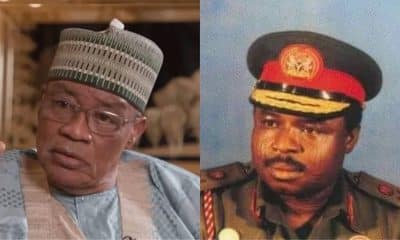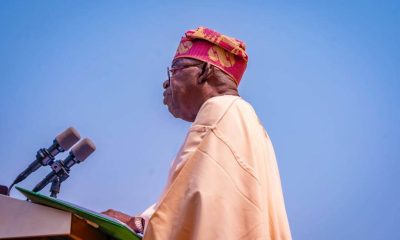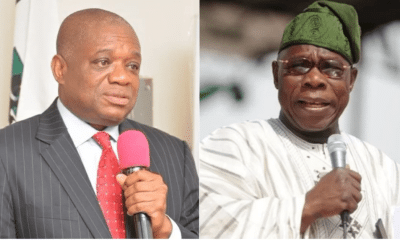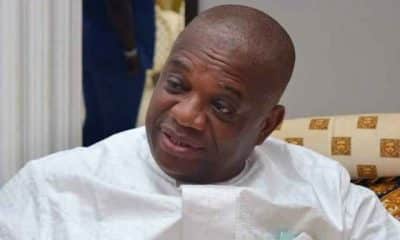Nigeria News
IBB Justifies Military Coups, Says Civilian Governments Failed Nigerians
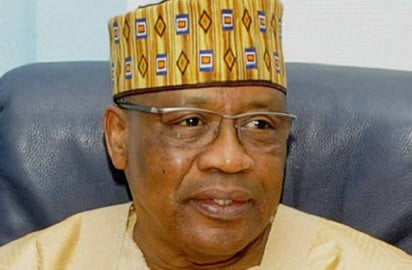
Former military president, General Ibrahim Badamasi Babangida (retd.) has defended military incursions into governance, stating that the failures of civilian administrations made coups “inevitable” in Nigeria.
In excerpts from his newly launched autobiography, ‘A Journey in Service’, Babangida provided insights into why the country experienced five military coups between 1966 and 1985, arguing that political instability and mismanagement by elected leaders created the conditions for military intervention.
“The history of post-colonial Africa shows that where civilian leadership and the political class have failed to live up to their billings and progressively build upon the legacy of the colonialists, the military attempted to step in,” he wrote.
Naija News reports that the former military leader noted that while he acknowledges that coups are an aberration, they often emerged from a vacuum of leadership and were sometimes perceived as “revolutionary” when the political class had lost public trust.
Military Rule Versus Civilian Governance
Babangida further argued that military governments in Nigeria had initiated more development projects than their civilian counterparts, contradicting widespread criticism that military regimes had set back democracy in the country.
He said, “A pattern where the political class virtually abdicates its responsibility to the governed typically created the conditions that led to several military interventions in post-colonial Africa.”
Also, certain coups, given the peculiar political and socio-economic circumstances, are genuinely revolutionary, especially where the masses support the coup and where the coup-makers, beyond their own rhetoric, embody the people’s hopes and aspirations.”
Babangida, however, clarified that he was not endorsing military takeovers, insisting that the armed forces should not serve as a “guarantor of good governance” but rather step in when necessary to restore stability.
He said, “Coups don’t just happen. They are sometimes inspired by extraneous conditions that demand interventions. Generally, the abject failure of civilian governments is the cause of coups.”
Why Nigeria Had Five Military Coups
Reflecting on the 1966 coup, which marked Nigeria’s first military intervention in governance, Babangida suggested that the young officers who staged the coup were driven by idealism and dissatisfaction with the way the country was being run.
The ex-military head said, “Without necessarily justifying the actions of the young majors of the 1966 coup, it’s possible to argue that the conditions they were compelled to face, even without sometimes asking for it, drove their actions.”
He added that military interventions became cyclical due to recurring political crises, corruption, and weak governance structures.
Resurgence Of Coups In Africa
The former military leader also expressed concern over the renewed wave of military coups in Africa, noting that seven African countries are currently under military rule.
He said, “Thirty years after I left office, sadly, seven African countries, from across the Sahel to Sudan, are under military rule.”
Babangida maintained that while military coups were historically necessary in some instances, they remain illegal and unconstitutional under democratic rule.
He said, “Military coups, whether as redemptive or corrective measures, are an aberration and should never be encouraged. Indeed, coups in the context of a democracy such as ours are not just unacceptable; they are illegal.”



